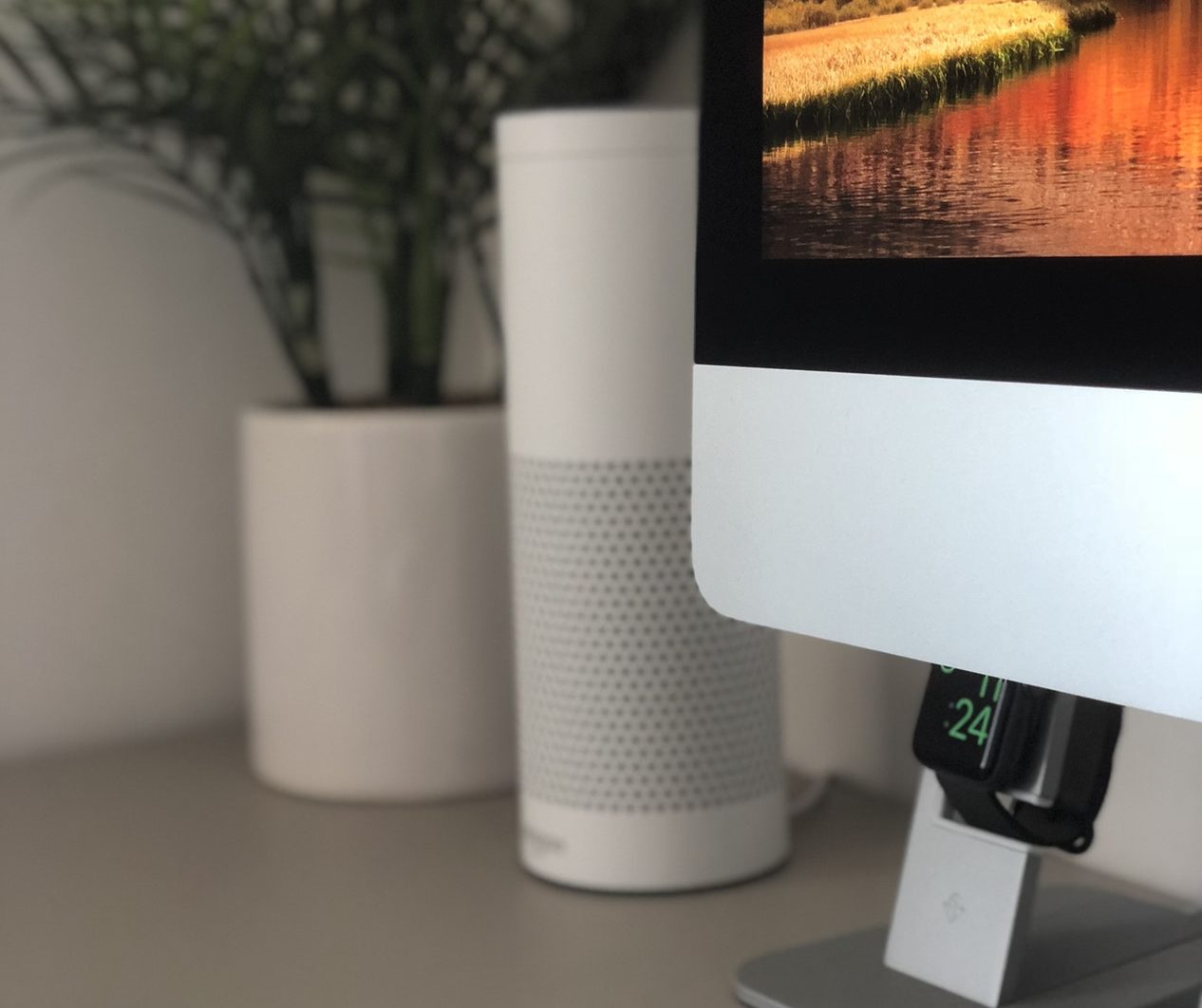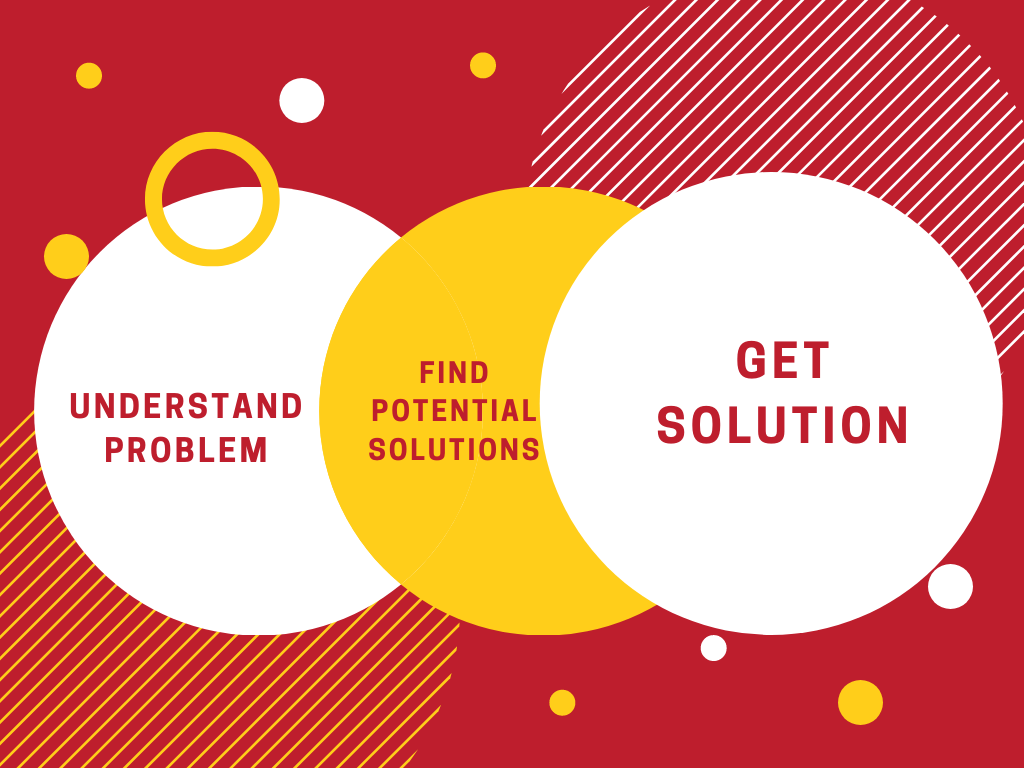Your cart is currently empty!
Healthcare marketing

Fear and Hope in Healthcare Marketing
Getting health information out to consumers is an important, even an essential task. Research shows that U.S. consumers want and need health information. But U.S. consumers also fail to take action on information they have. Here are some actions people know they should take to improve their health: Quit smoking Eat more fruits and vegetables…

Alexa Goes HIPAA-Compliant
Amazon is very supportive of robots and AI, and very interested in the health and wellness products space. So it was only a matter of time till Alexa began to support HIPAA-compliant communication. The Alexa Skills Kit now has an invitation-only program allowing Covered Entities and their Business Associates, subject to the U.S. Health Insurance…

Patient Search Journey: Problem to Solution
Google tells us that people looking for a healthcare solution usually start by Googling their problem. As they learn new terminology, they narrow their search. Then they begin to look for more information about solutions. Finally, having chosen a possible solution, they look for a place to get that solution. For example, a parent might…

Influencers and Inaccurate Information
A UK study checked out 9 popular influencers who shared information on weight loss. Each one had multiple social media platforms, 80,000 or more followers on at least one social media platform, and a regularly-posted weight loss blog. 8 out of 9 of these influencers were judged not credible by the researchers. What were the…

Health Information Online: Battling Sleep Myths
Sleep Health, the journal of the National Sleep Foundation, features a myth-busting article this month. A group of researchers from a number of institutions checked out 8,000 websites sharing information about sleep and identified 20 sleep myths which had two important things in common: lots of people believed those myths, and experts said they were…

Competing with Dr. Google
At least 72% of American adults use “Dr. Google” to self-diagnose. While most go on to call or visit their doctors, some 35% (according to a Pew Research survey) are happy with their online diagnosis and don’t bother to see a professional. Is this a problem? Other research has found that the information presented by…
